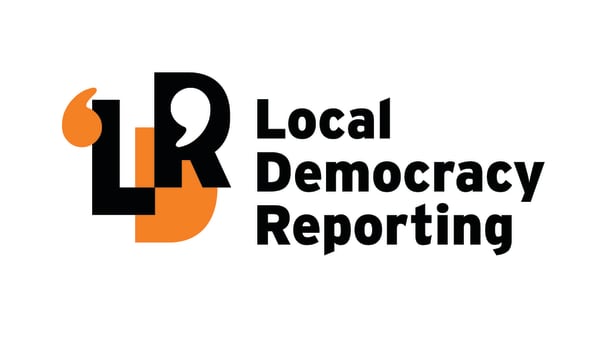by Zita Campbell, Local Democracy Reporter
“[It is] a balance you will have to strike,” an alcohol policy adviser said regarding a local kaupapa school appealing against a liquor licence for an establishment 30 metres down the road from its premises.
This was said during alcohol policy hearings last week, where Te Kura Kaupapa Māori o Hawaiki Hou and proposed hospitality establishment Anjuna Beer Garden featured as talking points.

Gisborne District Council will consider a paper from council staff on Thursday on submissions from the public over the proposal.
That includes whether to approve newly proposed alcohol policies, which reduce the operating hours of some restaurants, and restrict others from gaining a licence if they’re located within 150m of a sensitive site - such as schools, places of religious significance and playgrounds.
The policies aim to reduce Gisborne’s high density of alcohol outlets - which is above the national average - as research shows this can increase alcohol-related harm.
During the hearings, the McCann family argued the proposed rules could adversely affect the licence of Anjuna Beer Garden.
The kura, located on Gisborne’s main road, has been there since 2019 and last year appealed against Ben McCann’s licence for Anjuna.
Alcohol Health Watch (AHW) executive director Andrew Galloway said the council should be mindful of the impact of alcohol on Māori people, as they are over-represented in alcohol harm statistics.
He said AHW supports licences being restricted for new premises within 150m of sensitive sites.
“The kura has special significance to Māori, which is an important consideration.
During the hearing, councillor Josh Wharehinga said schools would be needed in the city due to development policies around apartment complexes.
“How have other places managed the provision of entertainment and living in the CBD?” he asked Galloway.
In response, Galloway said if the council increases the number of people living in the hospitality area, it will change community expectations with regard to noise.
“The effects of late-night trading are to be balanced with where people live, work and play, or go to school.”
It’s a difficult challenge and there is “no one easy answer”, he said.
Hospitality New Zealand regional manager Shane Philips disagreed with the rationale behind the proposed changes.
“It is incorrect to assume accessibility and availability of alcohol increases consumption of alcohol,” he said in his submission.
“Liquor consumption has decreased 25 per cent since 1986,” he said.
Many submissions claimed it is not on-licence venues, but off-licence alcohol retailers that cause alcohol-related harm.
An Otago University study released this month in the New Zealand Medical Journal showed two-thirds of alcohol-related hospital admissions had consumed alcohol in private locations.
Lead researcher Dr Laura Joyce said in a statement this highlighted the need for stronger local alcohol policies for off-licence venues, particularly as they are a key supplier of cheap alcohol.
The hospitality sites affected by the new policies would be Class 1 restaurants, which have a bar within their establishment and act as a tavern at least one night a week.
Class 2 and 3 restaurants might have a bar, but do not act as a tavern on any night of the week; the new policies would adjust their closing times from 2am to 12am.
“[It is] a balance you will have to strike,” said Galloway.
Alcohol Health Watch is funded by the Ministry of Health and assists with policy and planning.
Communities Against Alcohol Harm also supported the proposed policy but recommended changing it to a distance of 300m.
Te Kura Kaupapa Māori o Hawaiki Hou did not comment to LDR or put forward a submission on the alcohol policies as it is in the midst of court hearings on their appeal.
However, in an objection letter against Anjuna’s licence application, one of the kura’s founders, Rosie Wikotu, said: “Education in a Māori setting for our tamariki in the building that we occupy means the utmost everything to us and our kaupapa Māori.”
McCann is currently in a court battle to gain a licence for the heritage building, which had previously been a licenced hospitality site for the 40 years prior to the kura’s arrival.
Local Democracy Reporting is funded by NZ on Air and RNZ










